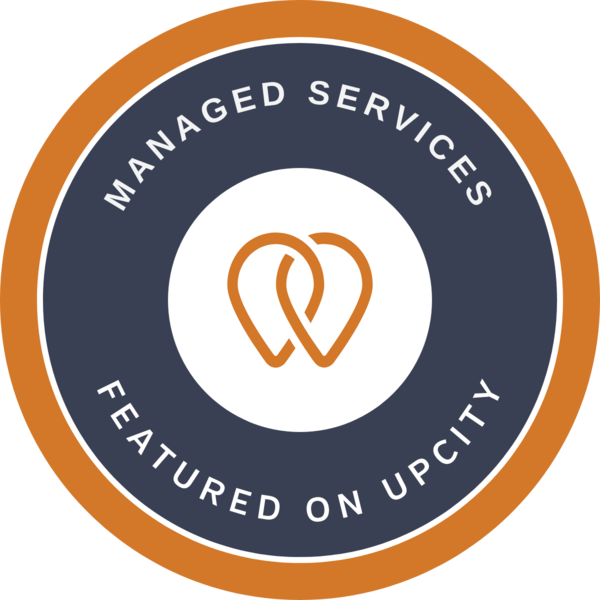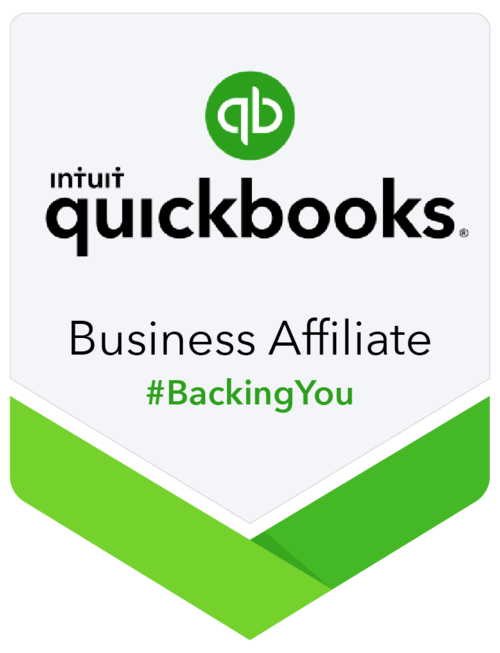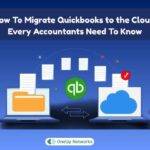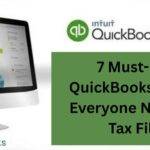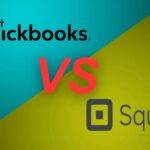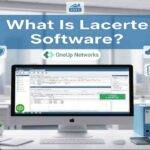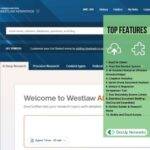In today’s data-driven landscape, Backup as a Service (BaaS) has become vital for companies, especially those in the accounting and finance sectors where secure, seamless, and compliant data protection is paramount. This blog demystifies BaaS, details how it works, pricing, cloud backup as a service, benefits, real-world use cases, important features, comparisons with other backup methods, explains why BaaS is critical for accounting and finance, and addresses the most common questions. Read on for practical examples and actionable advice for firms seeking a robust, cost-effective backup as a service solution.
What is Backup as a Service (BaaS)?
Backup as a Service (BaaS) is a cloud-based data protection solution where a service provider manages your data backup and recovery remotely over the Internet. Instead of relying on your in-house IT team or costly on-premises systems, you securely send your business’s critical files, databases, emails, and application data to the provider’s cloud infrastructure, which is designed to ensure failproof storage, disaster recovery, and compliance.
“BaaS connects your business systems to cloud backup services managed entirely by a third-party, making backup and recovery simple, automated, and efficient for organizations of any size.”
Also known as:
- Backup-as-a-Service
- Managed Backup as a Service
- Cloud backup as a service
- BaaS (short form)
How Does Backup as a Service Work?
- Initial Data Backup:
- You install a lightweight agent on your devices or servers.
- The first backup creates a secure copy of all selected data and stores it in encrypted form in a remote cloud repository.
- Automated, Scheduled Backups:
- After the initial backup, only changes (incremental backups) are captured, reducing backup times and network usage.
- Backups run automatically at scheduled intervals (hourly, daily, weekly) or on-demand.
- Monitoring & Management:
- Provider manages performance, encryption, retention, compliance, and hardware/software updates.
- Real-time dashboards, email notifications, and reporting tools keep your IT or compliance teams updated.
- Restore & Disaster Recovery:
- If you lose data due to hardware failure, cyberattack, accidental deletion, or disaster, you can recover files or entire systems rapidly via a secure web portal or agent.
- Scalability & Flexibility:
- Easily adjust storage space, users, or backup policies as your firm grows or compliance needs change.
Key Features of Backup as a Service Solutions
- End-to-end encryption (in transit and at rest)
- Automated, policy-based scheduling
- Multi-platform compatibility (servers, workstations, VMs, mobile, databases, cloud workloads)
- Instant, granular restores
- Multi-tenant & role-based controls
- Built-in compliance with regulations (e.g., SOX, GLBA, GDPR)
- 24/7/365 support and monitoring
Pricing: How Much Does BaaS Cost?
There is no one-size-fits-all answer, but most backup as a service pricing options are subscription-based. You typically pay monthly or annually for a combination of:
- Storage Used (per TB/month): For example, Veeam Data Cloud pricing in the US averages $14–$24/TB/month depending on the plan.
- Number of Devices/Endpoints: Some providers charge per server, user, or managed device (e.g., $3–$4/user/month for Veeam BaaS).
- Egress/Restore Fees: Some services (like AWS, Azure) may add fees for downloading or restoring data (e.g., $0.41/GB for Veeam egress).
- Advanced Features: Premium options for rapid disaster recovery, longer retention periods, or additional compliance features may cost more.
Sample Pricing Table: BaaS Providers (2025)
Costs reflect market prices as of July 2025. Always request a custom quote for your usage profile.
Benefits of Backup as a Service for Accounting and Finance
1. Stronger Data Security & Compliance
- Encrypted data storage meets the rigorous requirements of financial regulators like SOX, GLBA, FINRA, and IRS.
- Auditable reporting and logs make regulatory compliance (audit trails, retention periods) much easier.
2. Disaster & Ransomware Protection
- 94% of businesses that lose data go out of business within two years (source: Gartner). With BaaS, you can restore data instantly after ransomware, hardware failure, or natural disaster.
3. Automation & Reduced IT Burden
- No need for onsite tape rotations or manual backups; all backup and recovery tasks are managed by experts.
- Frees up your IT, allowing your team to focus on client service and operations, not infrastructure hassles.
4. Immediate Recovery, Anywhere
- Restore a single QuickBooks file, SQL database, or entire practice management server from any location—protecting against accidental deletion or system errors.
5. Cost Predictability & Scalability
- Pay only for what you use; scale up during tax season or due diligence spikes, scale down as needed.
- Eliminates expensive up-front investment in hardware or support staff.
6. Peace of Mind
- Backups are monitored 24/7 with immediate alerts; you always know your data is protected.
Example:
If an accounting firm’s office is hit by a flood at 2 a.m., the BaaS provider’s cloud copy stays safe, ensuring client files and audit trails are recoverable by morning—a life-saving outcome for compliance and business continuity.
BaaS vs. Other Backup Solutions (On-Premises & DIY Cloud)
| Feature/Aspect | Backup as a Service (BaaS) | On-Premises Backup | DIY Cloud Backup |
|---|---|---|---|
| Management | Fully managed by provider | Requires in-house IT | Self-managed |
| Costs | Predictable monthly subscription | High initial & variable | Lower, but hands-on setup |
| Scalability | Instant, unlimited | Limited by onsite hardware | Dependent on chosen cloud |
| Compliance | Built-in, industry certs | Needs manual audit setups | Depends on user configuration |
| Disaster Recovery | Fast, global access | Onsite risks | Needs extra configuration |
| Support | 24/7/365 expert support | In-house team, limited hours | Online guides, tickets |
| Security | Enterprise-grade, always updated | Requires manual patching | Varies |
| Example Providers | Veeam, Backblaze, Datto, Acronis | Symantec, Veritas | Google Drive, OneDrive |
Leading Backup as a Service Providers (2025, USA)
- Veeam Backup as a Service (industry-leading for virtual environments, multi-cloud, and Compliance)
- Acronis Cyber Protect
- Backblaze for Business
- Microsoft Azure Backup
- AWS Backup
- Datto Backup
- Cohesity BaaS
Providers like Veeam, Acronis, and Cohesity serve both mid-size and large firms, while Backblaze and IDrive offer economical options for small accounting offices.
Practical Uses and Real-World Examples
- Accounting Firms: Protect tax returns, payroll data, and QuickBooks files from cyberattacks or accidental deletion.
- Finance Teams: Back up financial transaction records, client portfolios, and sensitive emails for regulatory auditability.
- Insurance Agencies: Restore claims data and client history instantly after ransomware attacks.
- Investment Advisors: Ensure secure, offsite retention of SEC-mandated archive data for years.
Frequently Asked Questions (FAQ)
Yes. BaaS solutions use strong encryption (AES-256) and comply with US and international standards for data in transit and at rest—making them suitable, and often mandated, for financial and accounting data.
Modern BaaS platforms allow granular restores—you can recover a single lost invoice, an entire client folder, or your full server, all via an intuitive portal.
Most US-focused BaaS providers use data centers within the country; always confirm the location with your vendor to meet compliance requirements.
Recovery time depends on your internet bandwidth and chosen plan. Most critical files restore in minutes; large servers may take up to a few hours, but solutions like Veeam prioritize speed and minimal downtime.
Yes, leading providers offer integration for SaaS backups, so client work in QuickBooks, Outlook, and more is automatically protected.
BaaS logs all backup and restore activity, retention schedules, and storage locations—providing digital trails auditors require.
Absolutely. Immutable backups, rapid detection, and isolated cloud vaults help block ransomware from encrypting backups.
Transition words like “furthermore,” “consequently,” and “however” improve readability, ensuring this expert guide stays accessible to everyone.
Final Thoughts
Backup as a Service is no longer a luxury—it’s an essential service for any accounting or finance firm that values client trust, legal compliance, and the continuity of operations in the face of disaster. As threats rise and regulations tighten, choosing a reputable BaaS provider puts your data under professional care—so you can focus on growing your business with confidenceas.
Protect your finance data effortlessly with OneUp Networks’ cloud backup as a service. Experience secure, compliant, and fully managed backups tailored for accounting firms. Contact us today for a free consultation and safeguard your business continuity!
Don’t Miss These Helpful Blogs:
- Managed Backup Services
- UltraTax CS Backup and Restore: Preventing Lost Client Files During Crashes
- QuickBooks Desktop Backup: File Types, Methods & Best Practices
- How To Improve the Efficiency of Accounting Firms With QuickBooks Cloud Hosting?
- Top 8 Cost Benefits Of Switching To QuickBooks Cloud Hosting







